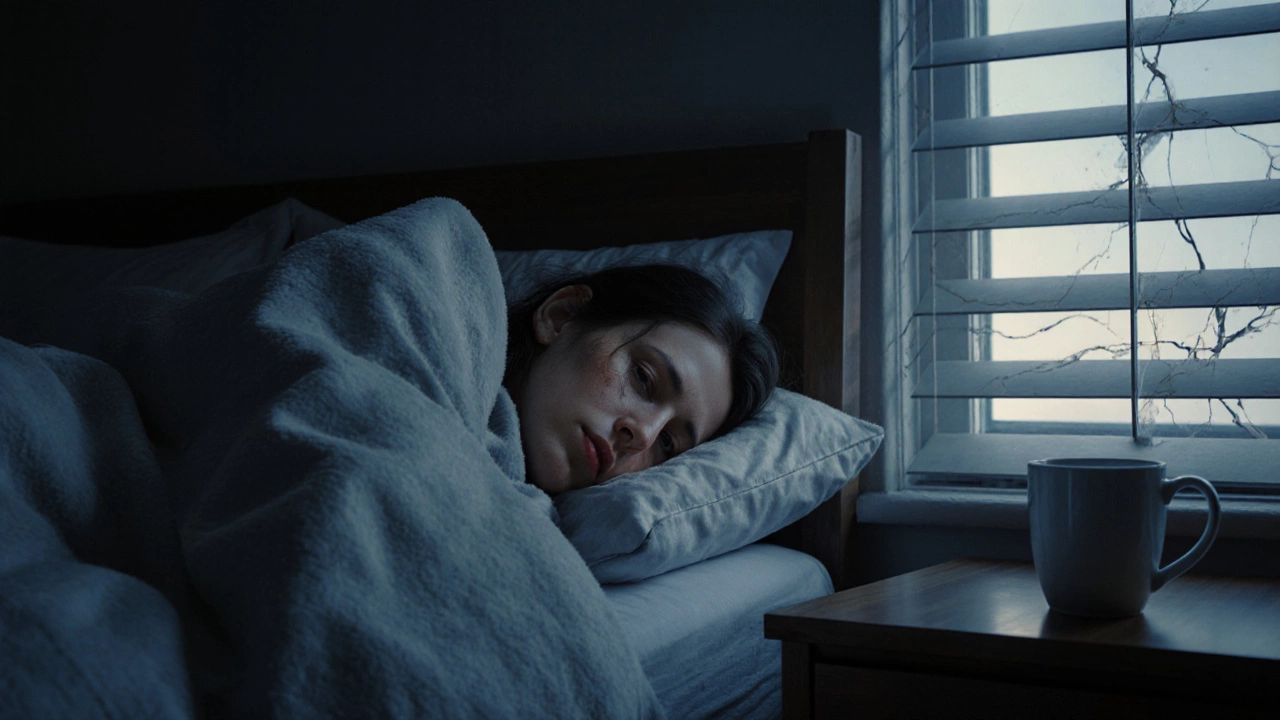Bipolar Disorder: Symptoms, Causes, and What Really Helps
When someone has bipolar disorder, a mental health condition characterized by extreme shifts in mood, energy, and activity levels. Also known as manic-depressive illness, it doesn’t mean you’re just moody—it means your brain’s chemistry flips between intense highs and deep lows, often without warning. These aren’t just bad days. A manic episode, a period of unusually elevated mood, increased energy, and risky behavior can make someone go days without sleep, spend thousands of dollars impulsively, or believe they’re invincible. Then, the crash comes: a depressive episode, a state of overwhelming sadness, fatigue, and hopelessness that can last weeks or months, where getting out of bed feels impossible.
Bipolar disorder doesn’t pick who it affects. It shows up in teachers, factory workers, students, and grandparents. It’s not caused by stress alone, and it’s not something you can just "snap out of." Research shows it runs in families and involves brain structure differences, neurotransmitter imbalances, and sometimes triggers like trauma or sleep loss. Many people go years undiagnosed because the highs feel good—until they don’t. And when the lows hit, they’re often mistaken for regular depression, leading to wrong treatments that make things worse.
What helps? Not just medication. While mood stabilizers and antipsychotics are often essential, therapy, routine, and support make the difference between surviving and living. People who track their moods, stick to sleep schedules, avoid alcohol, and have someone to call during crises do far better. It’s not about being "fixed." It’s about learning how to ride the waves without drowning.
Below, you’ll find real stories and clear advice from people who’ve lived through this—what worked, what didn’t, and how to spot the warning signs before things spiral. Whether you’re asking for yourself, a loved one, or just trying to understand, these posts cut through the noise and give you what actually matters.





